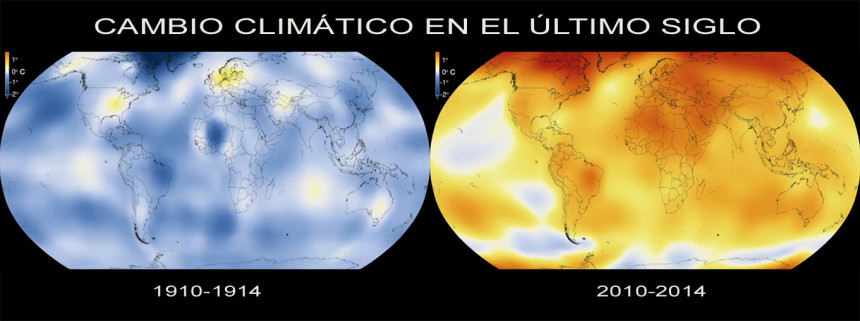
We still talk about that globally -with enthusiasm, with caution or with scepticism- results cop21 Paris, encouraging he conquest of a climate agreement, almost to the edge of time and risk, put on Humanity's table the possibility of not self-destructing, or at least not to undermine, all by ourselves, a minimum quality of life. We wonder, however, if what has been achieved is real, viable, feasible. We have to wonder if, indeed, we have taken a big step.
There is no doubt that we have, even if it is for now only a timid step. The essential and encouraging part of the emerging document tries to fight the threat of global warming in which, for the first time, everyone commits themselves to losing heat. Unlike what happened with the Kyoto Protocol (1997), which committed only the great powers of the time to reduce their emissions of greenhouse gases (GHGs), here the commitment is global, involving both the weak and the powerful.
From the point of view of international relations, this is a fundamental change that in a way reorganizes the links, usually tense between all or nearly all nations. Climate risk has led them to lessen, in modest but real degrees, the impregnable defence of what is seen as "sovereignty." China and the United States, to name the two most emblematic and GHG-emitting countries, have finally landed in the pact.
Reluctantly, arguing every single line, but they have done so. Although now is not seen with full clarity, the provision of both powers to commit to this task is symptomatic of how awareness has grown about the problem and how to begin to dissolve (or even melt) countries' ideological and pragmatic resistance. The reluctance of India (soon to be the most populous country on the planet), for their part, also speak of the barriers that remain.
The latter country was the one that symbolized, perhaps with more force, an idea that is still floating in the imagination of development: we have to do it, more or less, in the same way as the countries now at the pinnacle of world power did. Putting it in terms which are a little rough, the "quality of life" must consist of more cars, more appliances, more infrastructure. More consumption, especially because we assume it that's which takes us towards a degree of "happiness".







